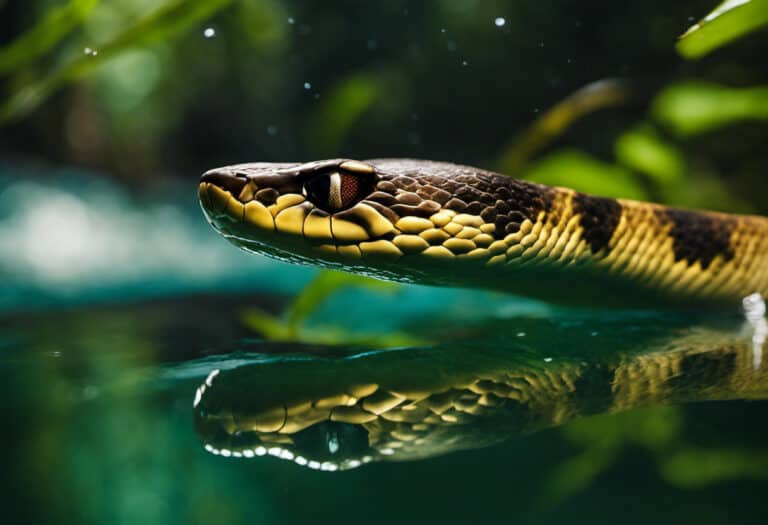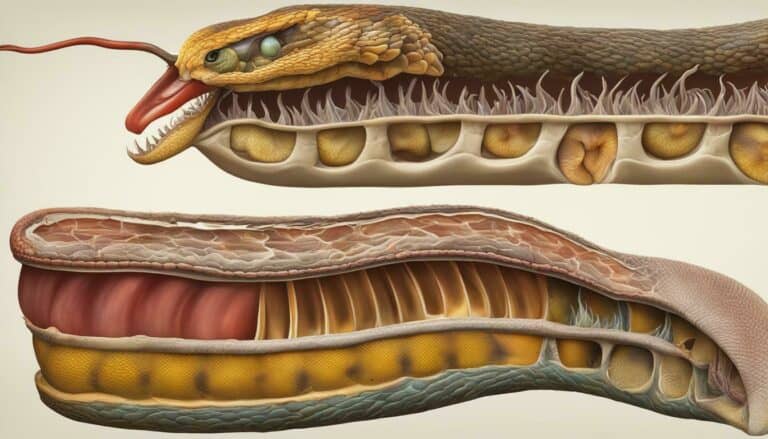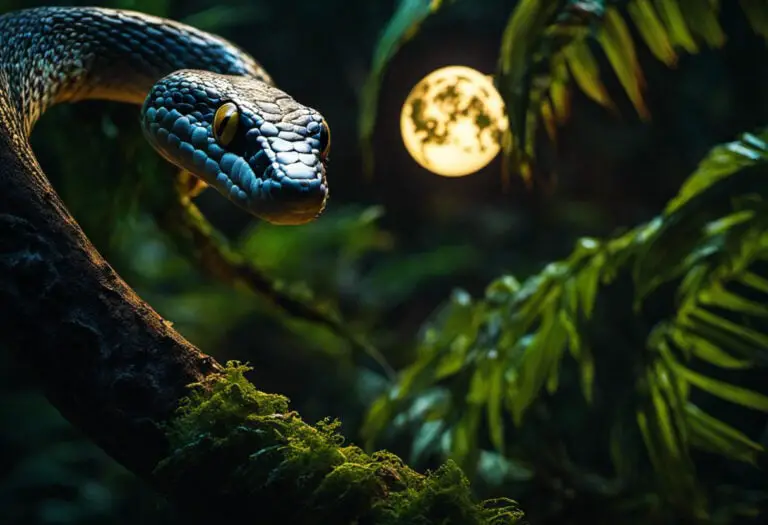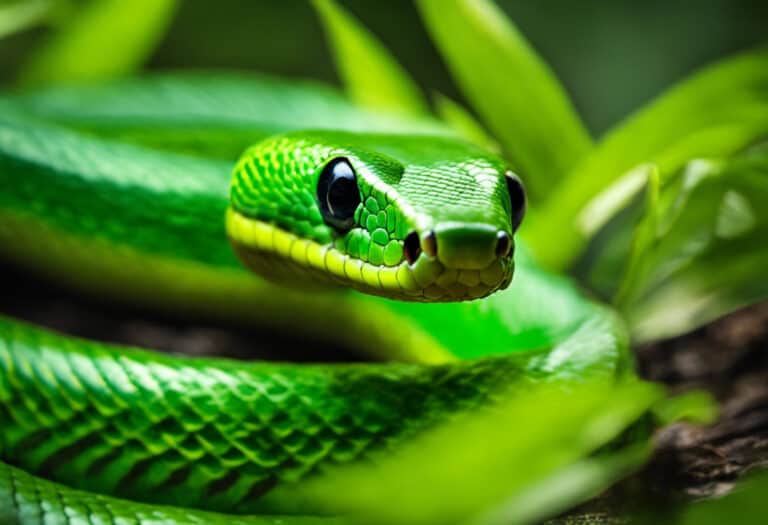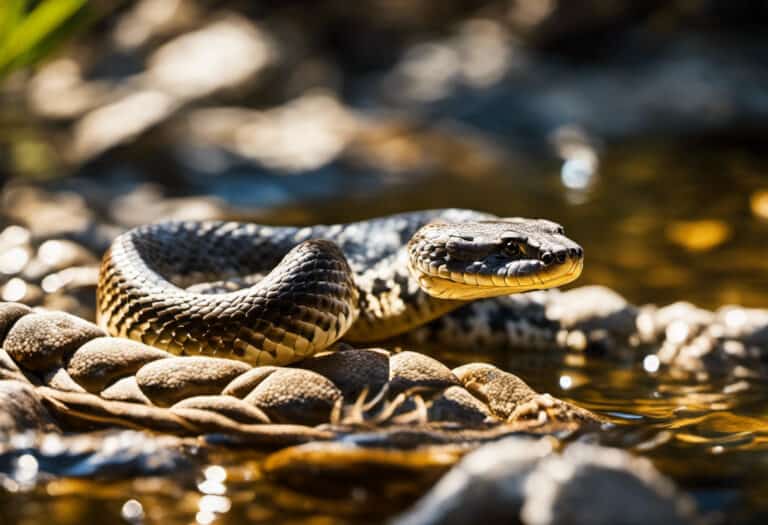Can snakes and cats live together? Get the Facts!
From a distance, the answer might seem obvious: no. After all, cats and snakes are natural enemies. Reptiles have evolved to defend themselves against mammalian predators by shedding their tails or excreting foul-smelling musk from their ventral glands. Cats, on the other hand, specifically became to catch and eat small mammals.
With this in mind, you might expect that the relationship between snakes and cats is one of rapidly escalating aggression, as each animal realizes they no longer have an ecological niche that they can fill.
You would think the snake tries to strike the cat while it’s downwind and decides to flee as soon as it sees those long-legged hunting machines in its peripheral vision.
The cat would have the same experience: it would stalk, pounce, and then find itself confronted with a serpent trying to flee or strike at exposed areas.
Can cats get along with snakes?
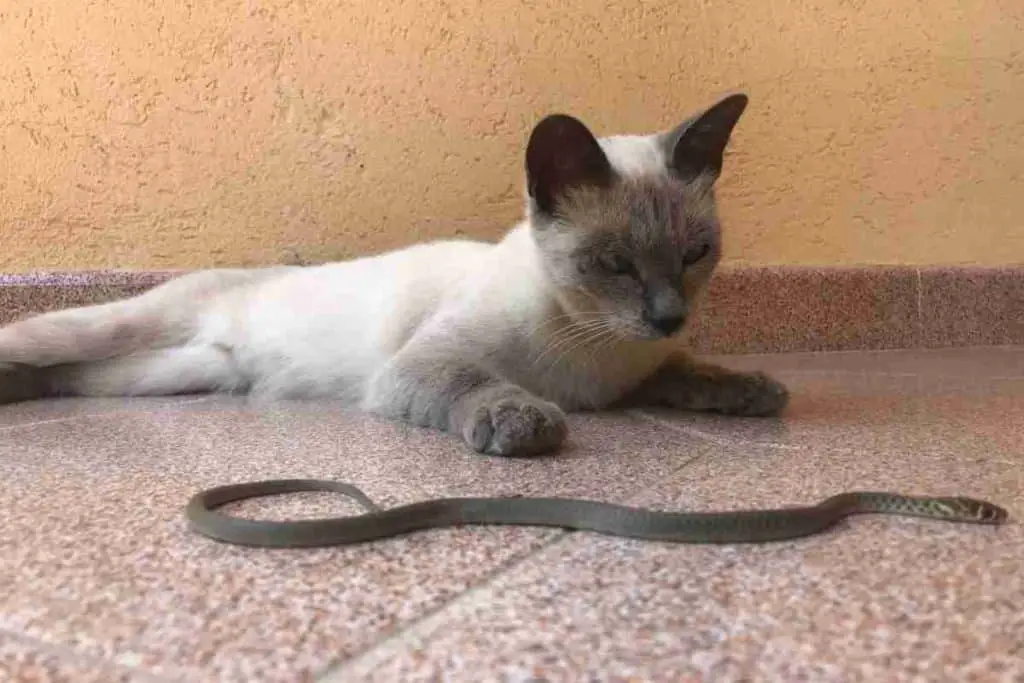
After asking both keepers of pet snakes and owners of cats, I have found that this certainly isn’t always the case. There are many stories of cats and snakes getting along surprisingly well, even using each other as playmates.
I was told about a cat that played with a snake more than with the owners’ children! I must admit, at this point in the conversation, I was expecting to hear about how one of these animals had ended up dead, but the keeper’s cat was still alive many years later.
There are also some instances where both animals can coexist by simply ignoring each other.
I’ve heard of snakes that would make their way under the sofa when the cat came around to check on them.
The snake would then stay in its hiding place until the cat left. Some owners have even reported that their cats sensed they were too big for the snake to eat, so they would let them slither around without issue.
But most of the time, things can go downhill quickly. Snakes will usually move to flee when they feel threatened, and this is one of those times where it might be best for them not to do anything at all.
Cats are fast and agile, many snakes just aren’t as quick as these hunters, and if you watch closely enough, most cats like to toy with their prey before going in for the kill.
I’ve heard of many cases where a cat will pounce on a snake, and it will thrash about trying to get away, resulting in injuries to both animals. This is especially true when the snake gets stuck while entering a tight space that makes its movements difficult.
Snakes also have an additional form of defense that cats rarely see, their second set of jaws. Most snakes have an extra jaw that is loosely attached to the skull by skin and ligaments.
These are very flexible but can freely move up and down when you open your snake’s mouth wide enough.
When the snake feels threatened, it will often use this as a last resort by moving its head back and allowing the jaws to open up wide enough for its attacker to see.
Cats are usually surprised by this, but I’ve also seen them react with aggression.
Is there any way of knowing whether my cat hates my snake?
Cats are territorial. They hate change in their environment, and they are hunters by nature. If your cat starts behaving weirdly toward your snake, it might be worth keeping an eye on things.
Watch to see how the cat reacts when it sees your snake in your home.
- Does your cat start pacing?
- Is it hissing?
- Has it started avoiding certain rooms, like the guest bedroom in which you keep your snake’s tank?
These are all signs that something has changed, and you’ll need to nip it in the bud before any cat-snake encounters become fatal.
Will my cat kill my snake?
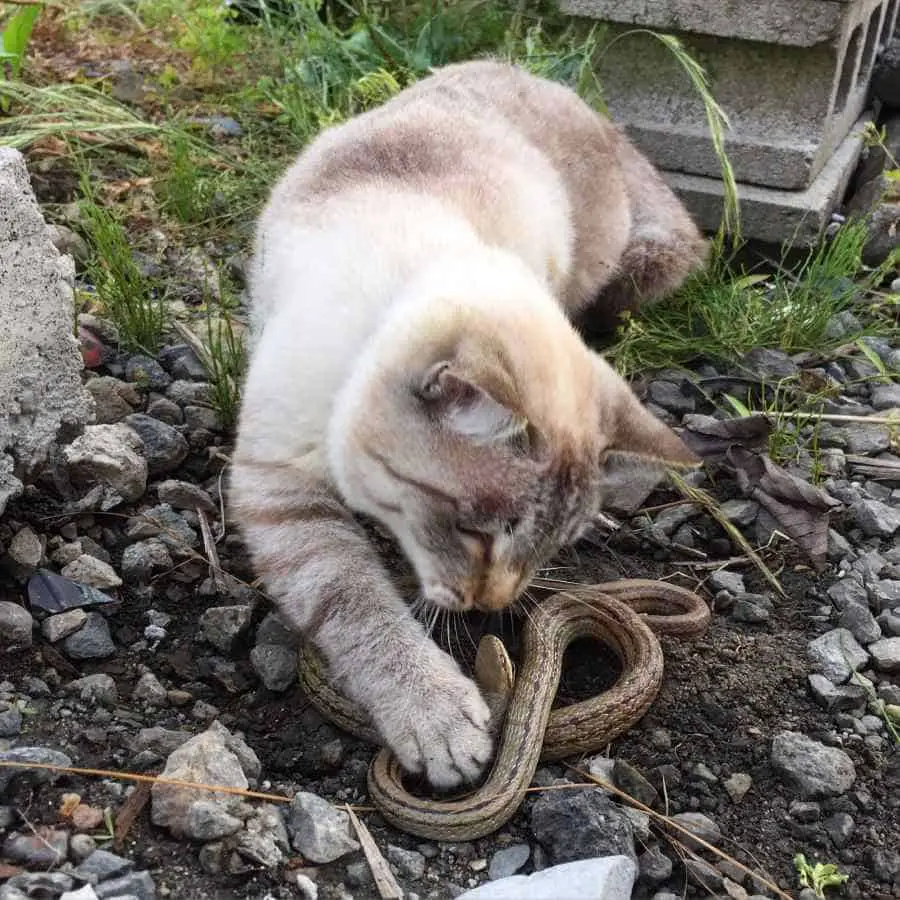
We all know that snakes aren’t on the cat’s menu, as their jaws simply aren’t strong enough to pierce a snake’s skin and because cats can’t digest snake meat.
But what about those cases where your little kitty brought you a “present” in the form half-dead mouse or lizard? Is it safe to assume that your cat won’t attack your snake if he is hungry enough?
First, some reptiles, like some monitor lizards, have powerful jaws and teeth for their size. They can kill small rodents, birds, or other reptiles.
Some cats are very aggressive hunters; that’s just the way they are.
They are predators, and they will hunt whatever prey is at hand, including your snake if he happens to be in the same room.
The best thing to do for this reason is to prevent your cat from entering rooms where you have your snake enclosure. If they do, then there are some things that you can do to ensure your snake’s security.
The first option is to get a glass enclosure for your snake and use an aquarium-style hood.
This will prevent the cat from getting into the cage and harming the snake.
The second option is if you already have an open-top cage (rack system type) and there is no way to cover it.
You can use a tennis racket or a broomstick with duct tape on end and “shoo” your cat away from the cage if you see him going near. This will teach him that he cant approach the cell anymore unless you are there to interact with him.
Of course, cats being intelligent predators, will learn to approach the snake cage when you are not around.
Will my pet snake eat my cat?
This is a general question. The answer, unfortunately, is not as simple as people would like it to be.
Most people think about the snake being hungry and seeing their cat as food since they are carnivores. They need protein to survive, and since cats are small mammals that hunt mice, maybe the snake will think the cat is its next meal.
The snake, however, may not be hungry at all. In fact, it is quite possible that the snake has been eating regularly from its food dish and wouldn’t even think about eating anything else or attacking a more oversized prey item such as a cat.
For your question to have a definite answer, you will need to know a few things about your snake and what it eats.
Some snakes are known for their aggression, while others are very timid. Some snakes don’t care for rodents/mice and prefer amphibians such as frogs, lizards, etc.
The reason your cat is not food to the snake, however, is because your snake isn’t hungry and doesn’t need to eat. The cat just happens to be in the same area as the snake, which will cause the snake some stress and not allow both animals to coexist peacefully.
The best thing you can do for this situation is simply give each animal its own space, so they don’t have to share living space together.

